US tried 2nd strike in Yemen to kill another Iran commander after Soleimani assassination
American military forces reportedly carried out a failed terror attack against another Iranian commander in Yemen the same day they assassinated Lt. Gen. Qassem Soleimani and other Iranian and Iraqi military officers in the Iraqi capital of Baghdad.
Quoting anonymous American officials, Washington Post and other US-based news outlets reported Friday that the unsuccessful US terror attack in Yemen targeted Abdul Reza Shahlai, identifying him as a “top military commander for Iran’s Quds Force” based in Yemen and active in helping Yemeni forces defend against persisting military aggression by US-backed Saudi kingdom.
A New York Times report further pointed out that the Trump administration had offered a $15 million reward for information about Shahlai, also accusing him of involvement in a shadowy and unsubstantiated plot in 2011 to kill the Saudi ambassador to Washington.
According to the reports, the second terror mission by American forces – if true -- would raise questions on whether the assassination of Soleimani was part of Trump administration’s bid to take down the leadership of Iran’s Quds Forces of the Islamic Revolution Guard Corps (IRGC) or prevent what the White House has claimed as “an imminent attack on Americans” by Iranian.
The report came as US lawmakers from both dominating political parties have harshly criticized the rationale offered by Trump administration official for launching the terror attack against the senior Iranian military official.
This is while hawkish US Secretary of State Mike Pompeo tried to dodge question on Friday morning inquiring about the specifics of the “imminent attack” claim and other contradictory official statements, which American legislators have dismissed as “insufficient” and unconvincing.
Meanwhile, the House of Representatives on Thursday passed a resolution to limit Trump from ordering further military action against Iran, though the vote was largely symbolic and done mostly along party lines.
On January 3, US assassination drones killed Lieutenant General Qassem Soleimani, commander of the IRGC’s Quds Force, and Abu Mahdi al-Muhandis, the second-in-command of Iraq’s Popular Mobilization Units (PMU), among others, after targeting their vehicles in Baghdad. The terror attack took place under the direction of Trump, with the US Department of Defense taking responsibility for the strike.
Both commanders were admired by Muslim nations for eliminating the US-sponsored Daesh (ISIL) terrorist group in the region, particularly in Iraq and Syria.
Soon after the assassination, the Supreme Leader of the Islamic Revolution, Ayatollah Seyyed Ali Khamenei, said Washington was to face a “harsh revenge” for the atrocity.
Early on Wednesday, the IRGC fired volleys of ballistic missiles at the Ain al-Assad air base in Iraq’s Anbar Province, and another outpost in Erbil, the capital of the semi-autonomous Iraqi Kurdistan, both of which housed US forces.
Iraqi lawmakers have unanimously approved a bill that calls for the withdrawal of all US led foreign troops from the Arab country following the US assassination of the two top commanders.
Diplomat discourages recourse to pressure, intimidation, confrontation against Iran
UN: 2024 deadliest year for aid workers amid genocide in Gaza
Gaza health official warns of hospital shutdowns within 48 hours
Israel kills 5 more paramedics in southern Lebanon: Health ministry
Iran to launch ‘new, advanced’ centrifuges in response to IAEA resolution: AEOI
Yemen fires hypersonic missile at Israeli airbase
VIDEO | New Delhi chokes under toxic smog as air quality remains at hazardous levels
VIDEO | Press TV's news headlines


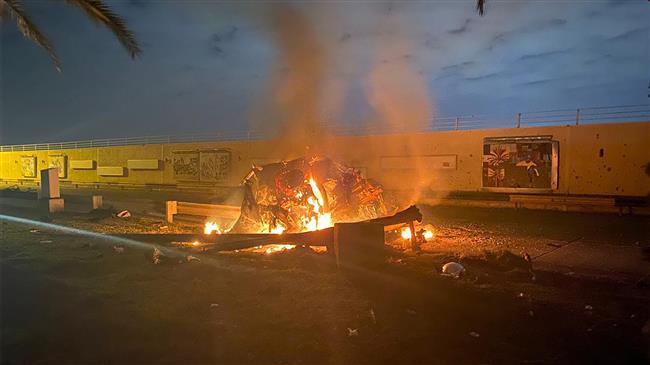

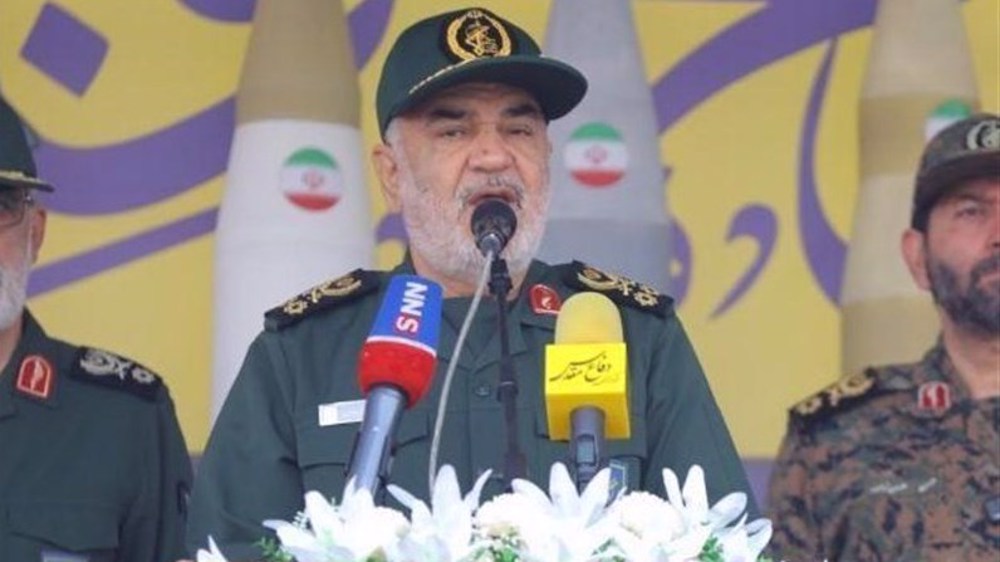
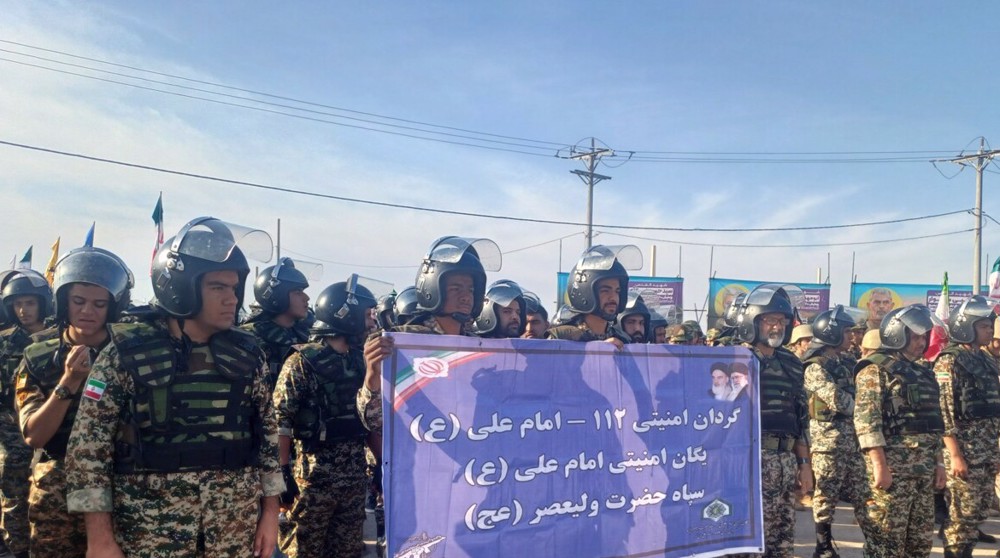
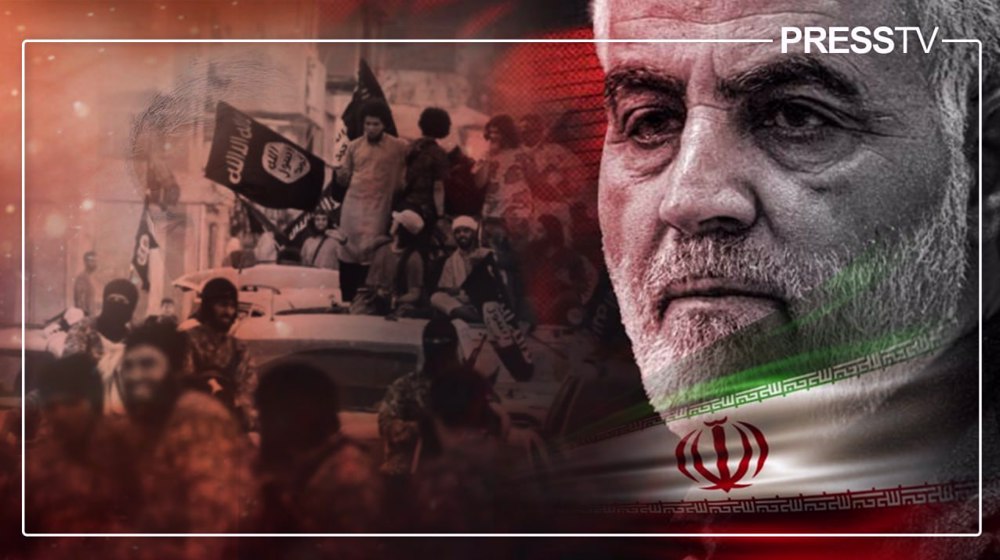



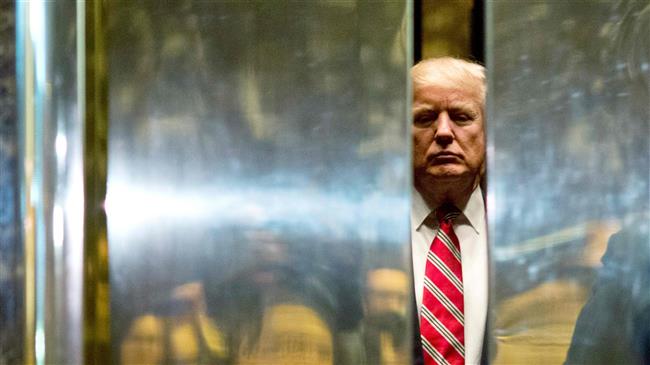
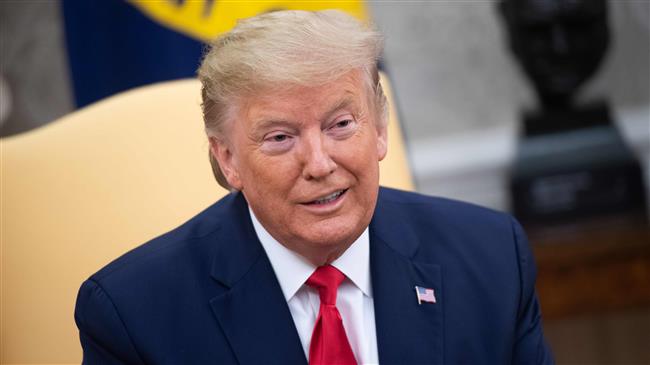
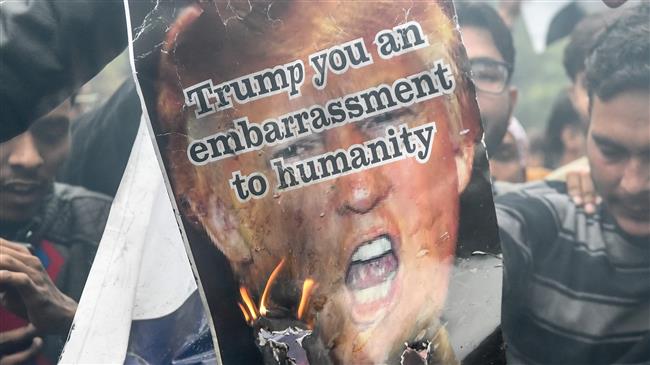
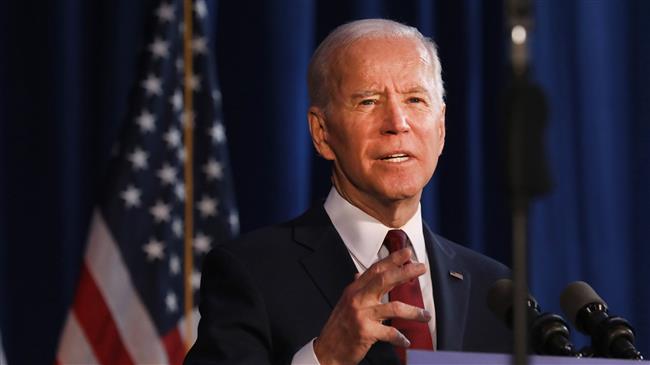
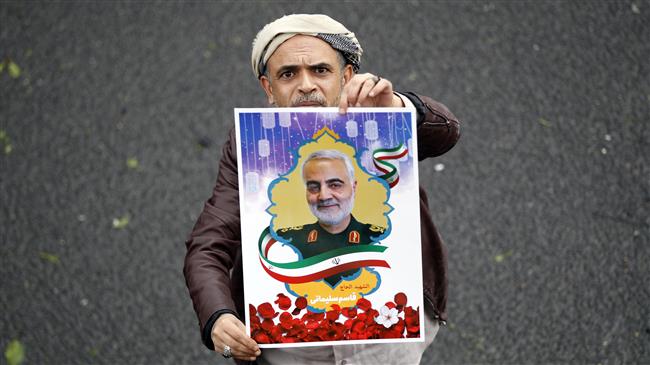

 This makes it easy to access the Press TV website
This makes it easy to access the Press TV website